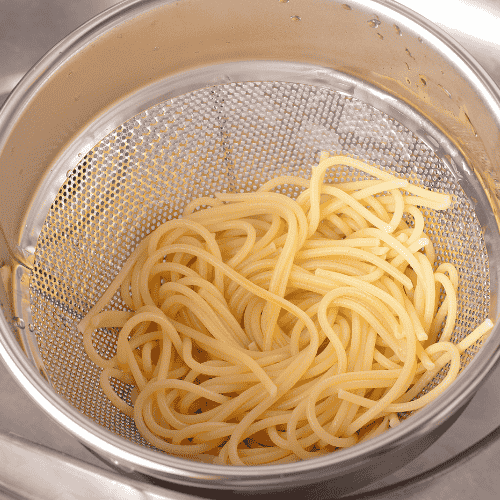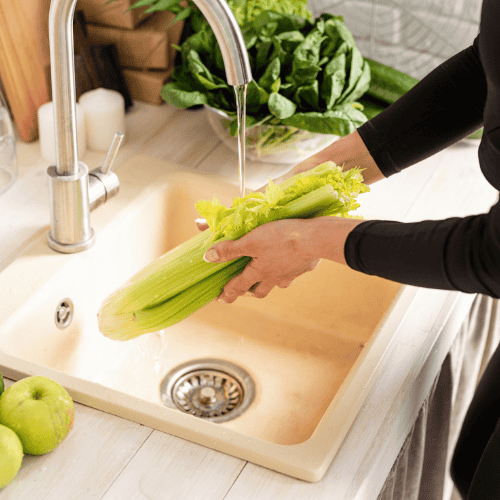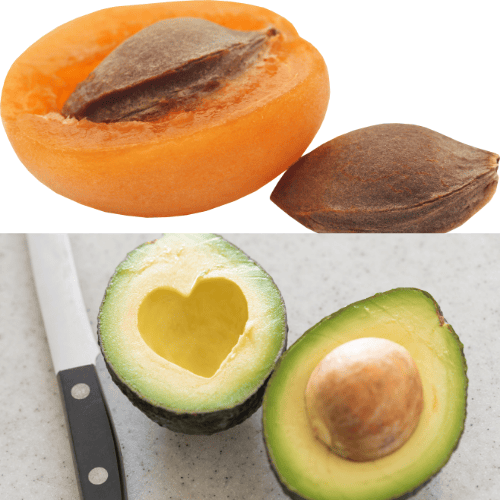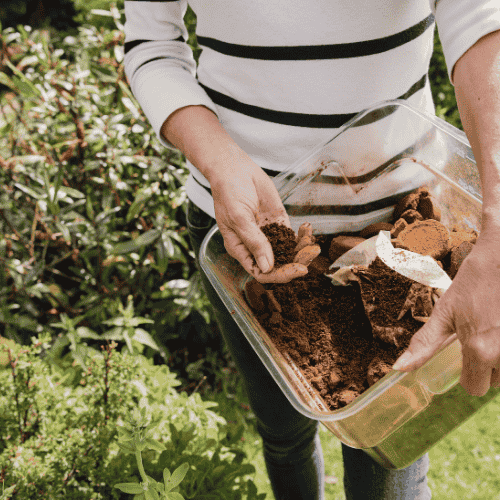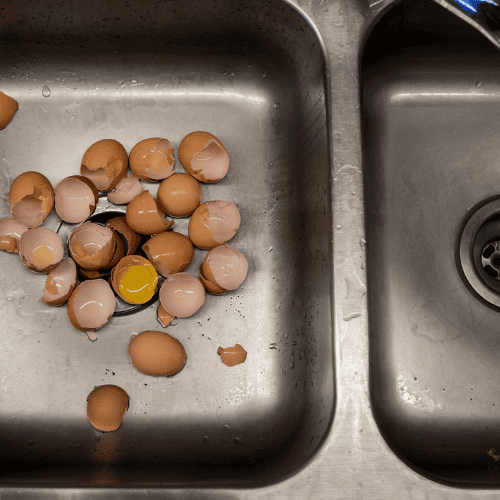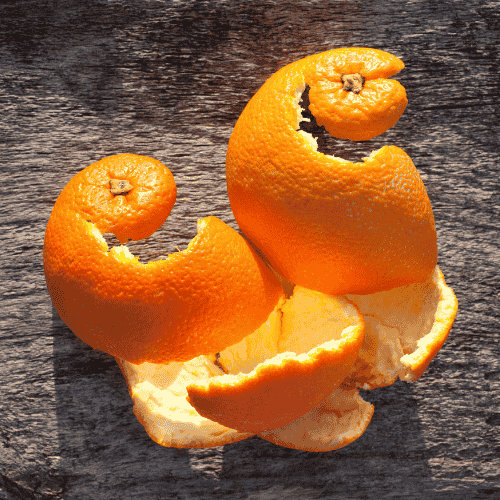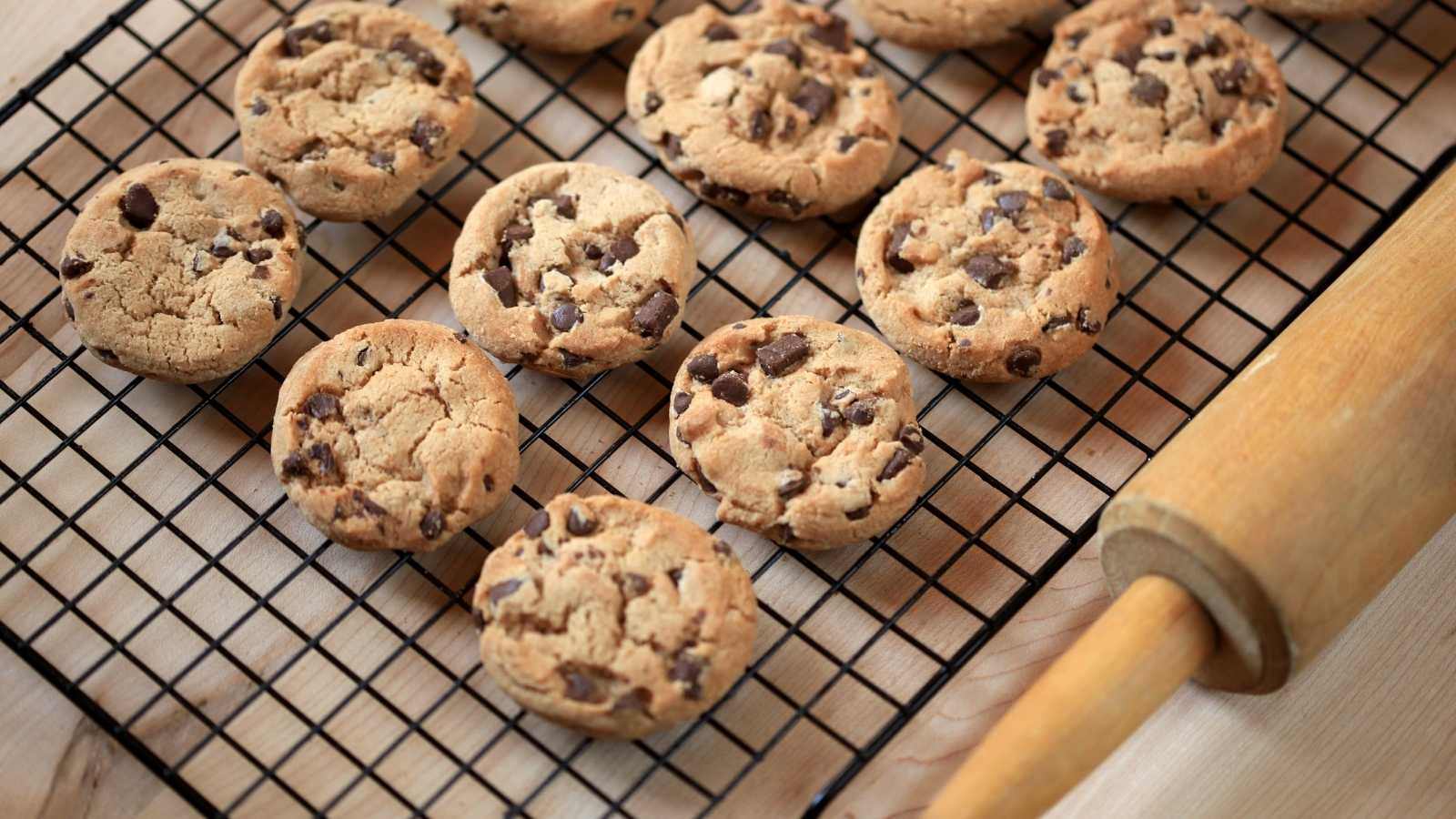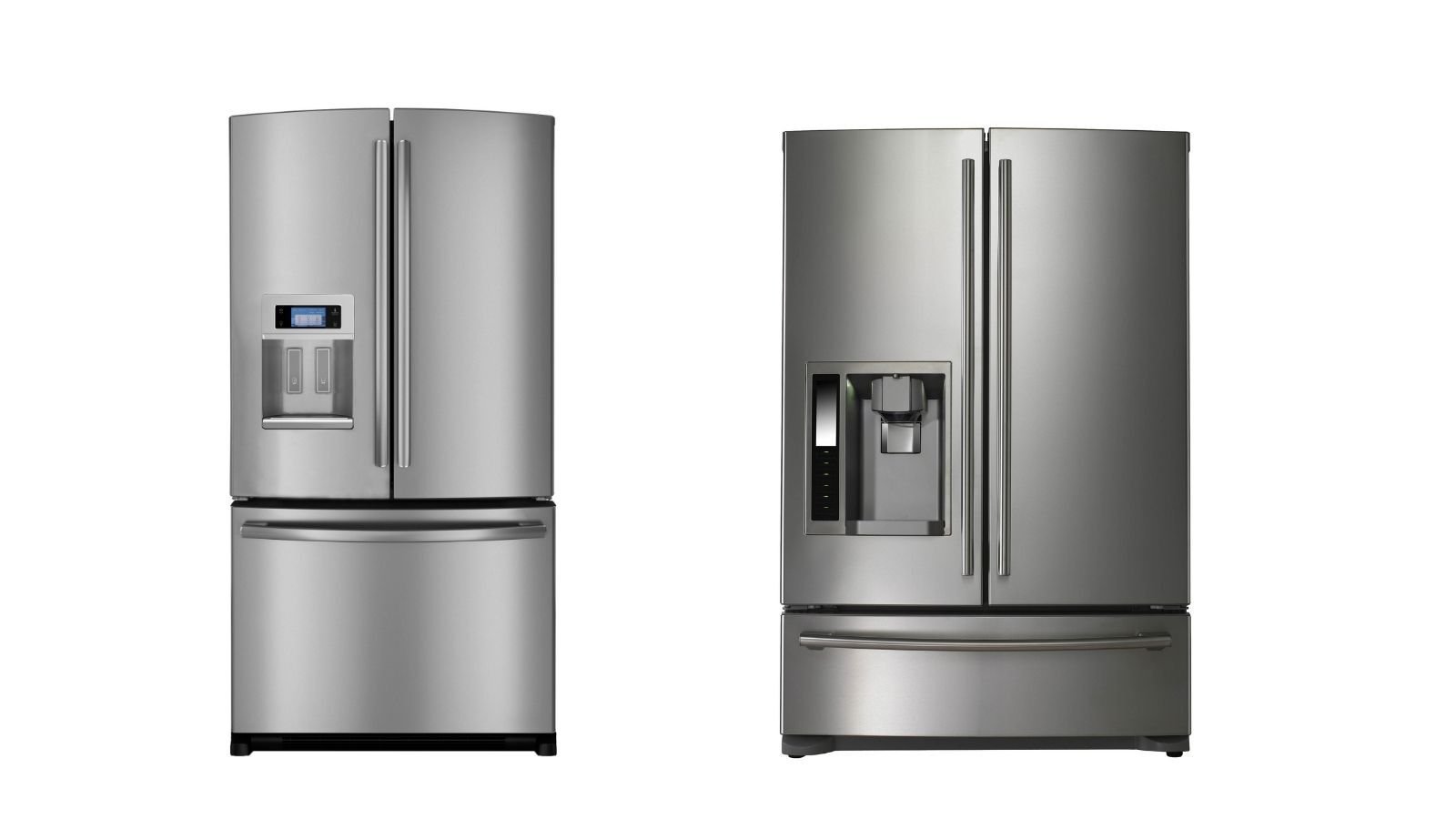What You Should Never Put Down Your Garbage Disposal
Garbage disposals are a convenient kitchen tool for managing food scraps, but better waste solutions exist. Misusing your garbage disposal can lead to clogs, damage to the unit, and even plumbing issues that require costly repairs. To keep your disposal running smoothly and protect your pipes, here’s a guide on how to avoid putting down your garbage disposal.
Fats, Oils, and Grease (FOG)
Fats, oils, and grease are some of the worst offenders for garbage disposals. While they may be liquid when poured down the drain, they solidify as they cool, creating stubborn clogs in your pipes. This buildup can cause blockages not only in your home but also in municipal sewer systems.
Check out this article from Consumer Reports.
Foods You Can and Can’t Put Down the Garbage Disposal
Starchy Foods
Foods like pasta, rice, potatoes, and oatmeal expand when exposed to water. Even after being ground up in the disposal, these starchy items can form a sticky paste that clogs pipes and traps other debris
Fibrous Vegetables
Stringy vegetables such as celery, asparagus, rhubarb, artichokes, and corn husks can tangle around the disposal’s impellers. These fibers often bypass the grinding mechanism and create blockages further down the drain
Hard Items
Hard objects like bones, fruit pits, and seafood shells (e.g., crab or lobster) are too dense for most disposals to handle effectively. While some high-powered models may grind small bones or pits, these items can still damage the unit over time or lead to clogs in older plumbing systems
Coffee Grounds
Despite their fine texture, coffee grounds tend to clump together in drains, forming a dense paste that can block water flow. It’s better to compost coffee grounds instead of sending them down the disposal
Eggshells
While some believe eggshells help clean disposals, their thin membranes can wrap around the impellers or settle in pipes, contributing to clogs. The brittle shell fragments may also accumulate over time
Non-Food Items
Garbage disposals are designed for food waste only. Items like plastic wrappers, metal utensils, cigarette butts, or glass should never go down the drain as they can damage the disposal’s components and create serious plumbing issues
Large Quantities of Food Waste
Even biodegradable items like vegetable peels or fruit scraps should be added gradually to avoid overwhelming the disposal. Overloading it with large amounts of waste at once can cause jams or clog pipes
Tips for Proper Garbage Disposal Use
- Use Cold Water: Always run cold water while using the disposal to help solidify fats or oils so they can be ground up more effectively.
- Clean Regularly: Grind ice cubes or citrus peels to clean residue and eliminate odors.
- Avoid Hot Water During Use: Hot water can melt grease temporarily, allowing it to coat pipes and harden later.
- When in Doubt: If you’re unsure whether something is safe for the garbage disposal, it’s better to toss it in the trash or compost bin.
When used correctly, your garbage disposal is a helpful tool, but treating it like a trash can will lead to problems over time.
Avoiding fats, fibrous vegetables, starchy foods, hard items, and non-food objects will keep your unit functioning efficiently while protecting your plumbing system from costly repairs.
When in doubt about what’s safe for your disposal, remember this rule: if it doesn’t break down easily or could clog pipes, don’t put it down the drain!

 By
By
